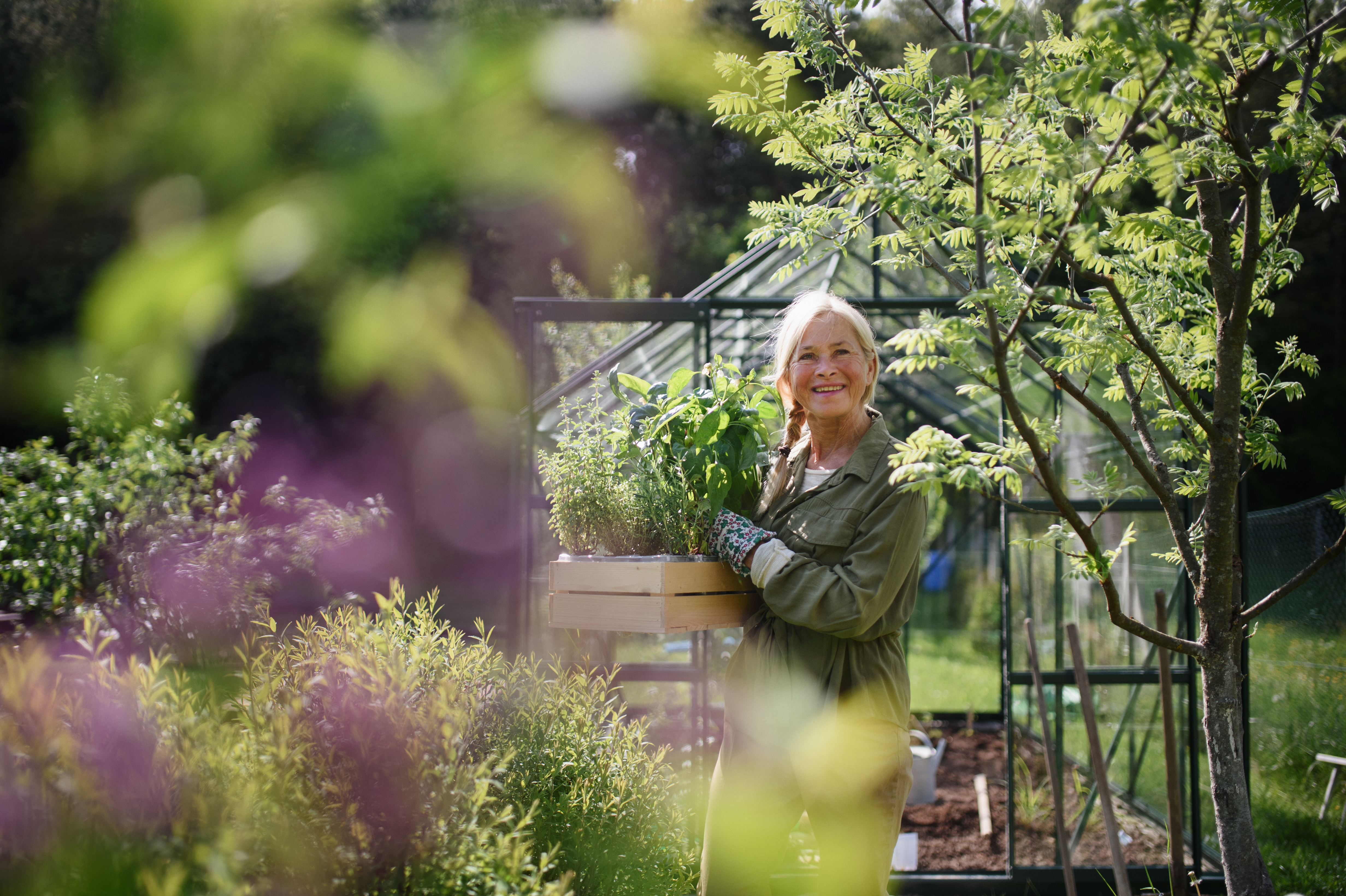Understanding the difference between hobby farms and working farms is crucial for brokers. Learn about farm classifications, insurance implications, and navigating the grey areas in our latest blog.
In the world of agricultural insurance, understanding the difference between hobby farms and working farms is crucial for brokers who advise their clients on Farm Insurance.
"While the differences between hobby farms and working farms might seem straightforward, there are several grey areas that can pose potential challenges in securing the right insurance cover for clients." says Peter Morsley, Prevail's ' National Product Lead - Farm. "Understanding these distinctions helps brokers provide better service and ensures their clients receive the most suitable and comprehensive insurance cover for their client's needs.
In this blog, we delve into understanding farm classifications, explore the implications for insurance cover of each type of farm, and provide insights on navigating the grey areas. By the end of this blog, you'll have a clearer picture of how to approach the different requirements for these farms, so your clients' farming assets are well-protected and adequately insured.
Understanding Hobby Farms and Working Farms
"Hobby farms are generally smaller agricultural properties primarily for personal enjoyment, while full-scale working farms are set up for commercial production." says Peter. "Hobby farms might produce enough for the owner's needs and some sales but aren't the owner's main source of income.
Also called weekenders or lifestyle blocks, these properties may not involve any farming activities at all, serving as lifestyle properties where owners enjoy the rural setting without significant or any agricultural work. Despite this, hobby farms are often insured with domestic farm insurers due to the land size limitations.
In contrast, working farms are full-time primary production businesses whose owners are registered with the Australian Taxation Office (ATO) and require significant levels of labour and can be a major source of income for the owner, who may supplement their earnings from their working farm with other jobs. These farms are typically owner-operated or managed by a farm manager who is experienced in farming operations, ensuring continuous agricultural production.
"Working farms do not have strict size limits for the purposes of obtaining insurance cover and classification depends on operations and income. For instance, livestock farming usually requires more acreage than fresh produce farming." Peter says. "Being registered with the ATO, doesn't automatically make a property a working farm however an income of less than $40,000 annually might indicate a hobby farm."
These insights illustrate some of the grey areas brokers may face when looking for insurance cover for their clients, as some hobby farmers might be registered with the ATO as primary producers, but do not meet the annual income threshold of a working farm.
So what's the coverage difference?
Hobby farms and working farms have distinct requirements for insurance cover.
Hobby farms, often covered under domestic policies, require:
-
Home and Contents: Covers the dwelling and personal belongings.
-
Liability: Basic liability protection, often insufficient for farm risks.
-
Minimal Coverage for Outbuildings and Fencing: Limited protection for agricultural structures.
In addition to the insurance cover mentioned above, working farms require more comprehensive coverage including:
-
Farm Property Insurance: Covers all buildings, contents, fixed machinery and equipment.
-
Livestock Insurance: Provides protection against the loss or injury of animals.
-
Farm Liability Insurance: offers higher liability limits for larger-scale activities.
-
Interruption Cover: Helps farmers maintain normal farming operations following a loss.
-
Farm & Agricultural Vehicles: Covers vehicles and mobile machinery used in farming operations.
-
Machinery Breakdown: Protects against the breakdown of key machinery.
Navigating the Grey Areas
Peter says: "Prevail specialises in arranging quality insurance for working farms, however does not arrange cover for hobby farms. Prevail works with brokers to address the grey areas between the two types of farms, assisting them in determining their client's requirements. We encourage all brokers to contact our underwriters for clarification when the cover for their clients may not seem clear cut."
He adds ,"Consider a scenario where an elderly couple has decided to downsize from their expansive working farm to a smaller property. They still engage in some farming activities, but their income has significantly decreased. Are they now operating a hobby farm, or do they still qualify as a working farm? These are the sort of scenarios where we can support brokers."
Different insurers use different definitions, making it all the more important that you and your clients get the right advice for their particular situation. The above scenario highlights the importance of navigating the grey areas brokers encounter, making it essential to have a nuanced understanding of both types of farms.
For help, reach out to our expert team via email on farm@prevailinsurance.com.au, or pick up the phone and give us a ring on1300 188 299. We'll do our best to make your problems simple.
The cover is subject to terms and conditions, limits and exclusions of the policy. Any information provided above is general advice only and has been prepared without taking into account your client's objectives, financial situation or needs. Prevail Insurance Pty Ltd acts for the insurer, Pacific International Insurance Pty Limited (‘Pacific’). Consider the Prevail Extra Farm Insurance Product Disclosure Statement and Target Market Determination, available by contacting Prevail on 1300 188 299 or visiting www.prevailinsurance.com.au before deciding if it is right for your client. For full details of cover, terms, conditions, limitations, and exclusions, please read the Prevail Extra Farm Insurance PDS.

